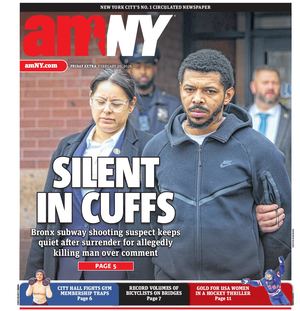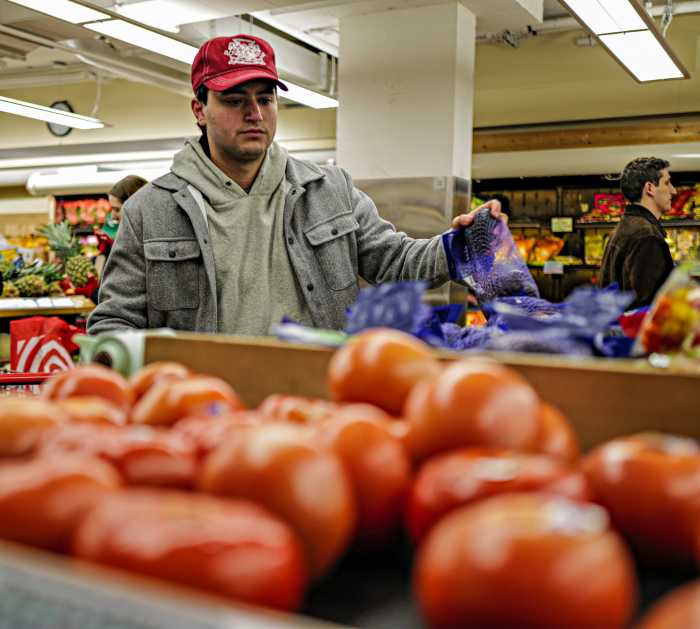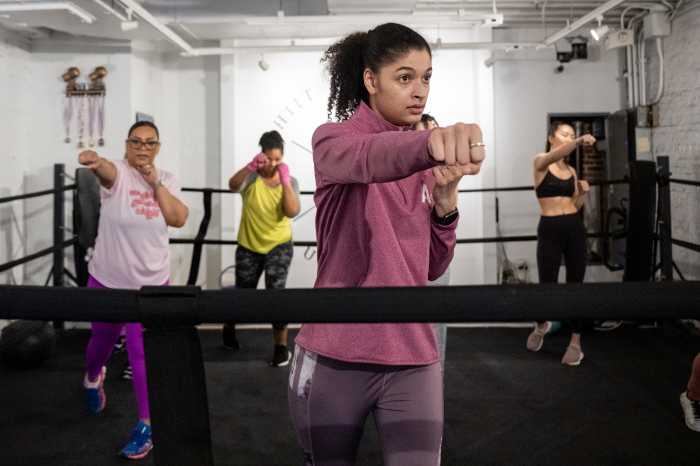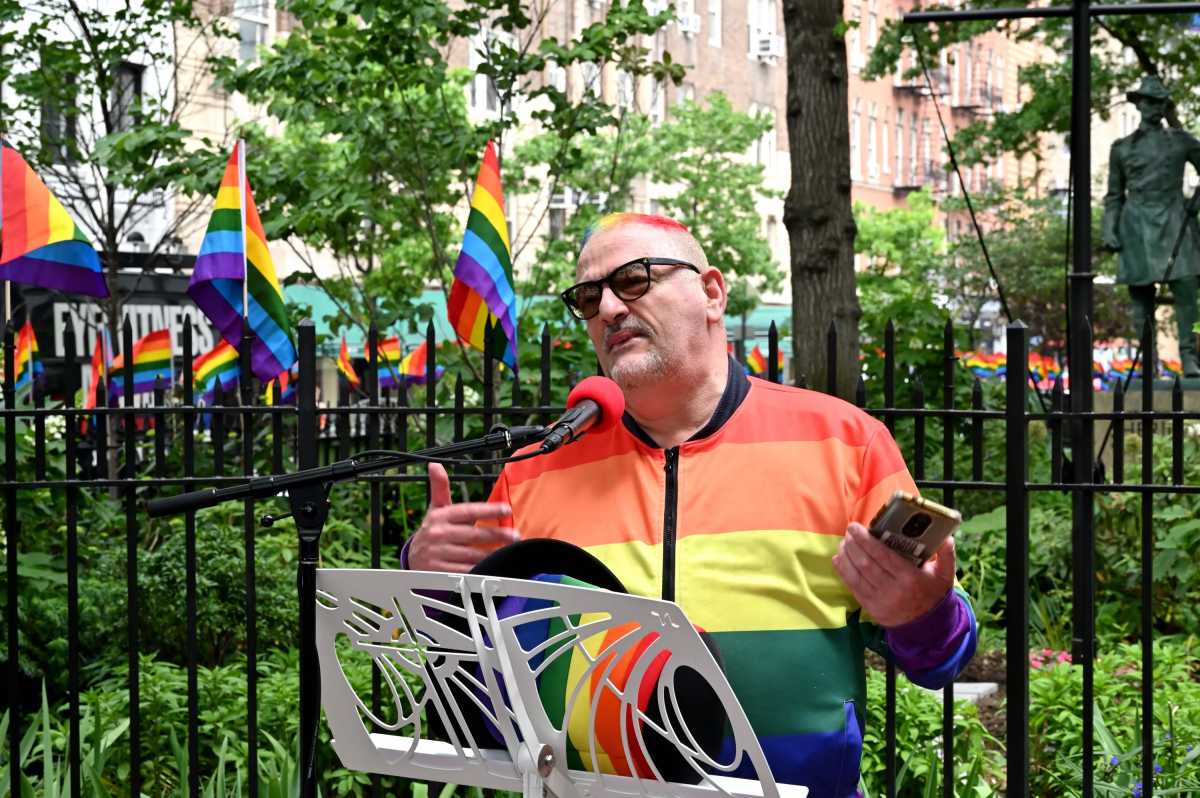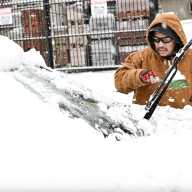The hotel industry is at odds with the NYC Council over a new public safety and worker protection bill that critics say could possibly kill jobs and throw the Big Apple’s tourism economy into turmoil.
Manhattan City Council Member Julie Menin introduced the “Safe Hotels Act” on July 18 which would require the city’s nearly 800 hotels to be licensed by the Department of Consumer and Worker Protection (DCWP).
Citing an increase in violent crime in and around hotels, Menin said the bill, if passed into law, would require hotels to employ hotel staff for front desk and housekeeping — not contracted workers — and have panic buttons for workers who are, at times, found in dangerous situations.
“There are so many incidences of hotel workers, who largely tend to be female, with real issues of sexual assault,” Menin said. “It also protects guests, because at the end of the day, we don’t want guests coming to our great city and having an experience in one of these bad actor hotels.”
Menin said DCWP currently licenses 45,000 businesses in NYC, but hotels are one of the few industries not regulated and licensed by the city.
“The reason this is important is because it’s a public safety issue,” said Menin, a former DCWP commissioner. “There have been 39 murders in recent years at hotels.”

Additionally, there have been more than 14,000 criminal complaints coming from hotels and motels over the previous five years, according to the NYPD.
Crimes incurred in or around hotels and motels in the city include people getting robbed, beaten and held at gunpoint, as well as incidents of human trafficking and prostitution, according to press reports dating back to 2010.
Although NYC’s police union supports the bill, members of the American Hotel & Lodging Association said many complaints about hotels made to the city’s 311 system are in regard to illegal parking, noise, dumping and similar issues that are common in most major cities and not unique to areas around hotels.
Menin said that although most hotels in the Big Apple are safe, there are a few sites plagued by serious crimes such as human trafficking and drug use that cannot be shuttered without legal jurisdiction.
Licensing would give the commissioner of DCWP discretion to give, deny or rescind hotel licenses when applicable.
“But to be clear, the commissioner can not deny or rescind a license for any arbitrary or capricious reason, or they would get sued,” the council member said.
‘Hotels are already safe’
Nearly two-thirds of the City Council — 34 of 51 members — have signed on to the Safe Hotels Act since it was introduced three weeks ago. But many hotel owners say the proposed regulations would burden the hospitality industry and hurt the city’s economy.
Vijay Dandapani, president and CEO of the Hotel Association of NYC called the bill a “travesty” that would eliminate jobs and lead to skyrocketing room rates that could deter tourists from visiting the city.
“Hotels are already safe,” he said. “NYC has the best, cleanest and safest hotels in the nation, if not in the world. This is the center of innovation, we are the center of ideas. So to say our hotels aren’t safe is a travesty.”
Though labor unions are not mentioned in the bill, Dandapani feels that the bill is a “bidding” from the Hotel Trades Council union. In NYC, about half of hotels are unionized.
Dandapani explained that many smaller hotels will not be able to handle the changes that would be put forth by the bill, especially when it comes to hiring staff versus contracted employees.
“They can’t afford the kind of heavy mandates that the union expects of top-line union hotels,” he said. “And so, what do they do? They outsource many things because these are smaller one- to two-person shops running a hotel, 100 rooms. Many times the family members are at the desk, and so they outsource the housekeeping and sometimes even the front desk to employment companies.”
For its part, the Hotel Trades Council said they support the legislation for the sake of worker and guest safety.
“We’re seeing rapid growth in support for the legislation because lawmakers recognize it as accomplishing the simple goal of setting reasonable safety standards to protect guests, workers and local communities,” said Rich Maroko, president of the union.
Dandapani added that many precautions, including training in human trafficking recognition, are already in place to prevent human trafficking at hotels.
In 2022, for example, NYS Attorney General Letitia Jame provided hotel and tourism associations with cards that contain human trafficking information and hotline numbers and reminded lodging facilities of their obligation to post the cards in visible locations.
Additionally, the AHLA Foundation provides free training to hotel employers and employees for recognizing suspected human trafficking that includes scenario-based learning available online and in several different languages.
Dandapani also said hotels are already regulated with a certificate of occupancy. To get a certificate of occupancy is an arduous, extensive process.
“You would sooner go for five different root canals than go through the process of getting a certificate of occupancy,” he said.
